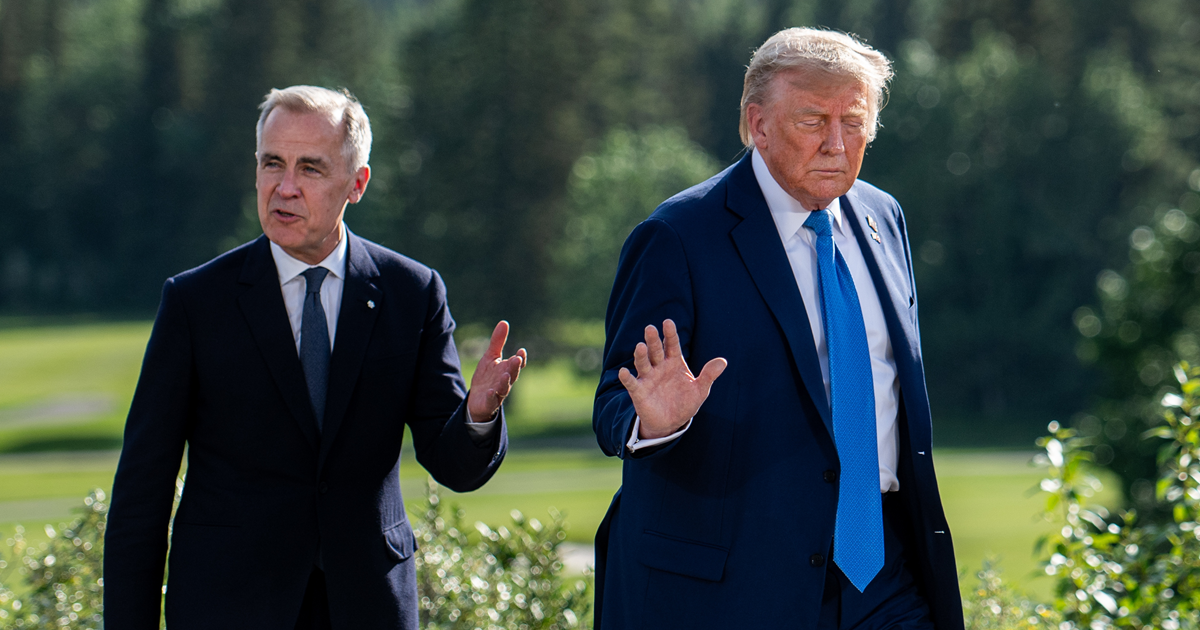During the G7 summit in Canada, U.S. President Donald Trump emphasized that Iran wants to negotiate and that an agreement could be reached quickly. Trump called on Iran to start negotiations before it is too late and stressed that Iran must not have nuclear weapons. While European leaders at the summit called for tougher sanctions against Russia due to its aggression in Ukraine, Trump took a more cautious stance on sanctions. He also announced an early departure from the summit due to important issues related to the Middle East. Similar statements were made by Trump at a press conference, where he highlighted that Iran wants to de-escalate tensions in the conflict with Israel, but negotiations might already be too late.
Political Perspectives:
Left: Left-leaning outlets emphasize the urgency of diplomatic negotiations with Iran to prevent nuclear proliferation and highlight the need for multilateral cooperation. They often criticize Trump’s cautious stance on sanctions against Russia and his early departure from the summit as undermining collective efforts.
Center: Center-leaning sources report Trump’s statements factually, noting his calls for Iran to negotiate and his concerns about nuclear weapons. They present the differing views on sanctions within the G7 and mention the geopolitical complexities without strong bias.
Right: Right-leaning media focus on Trump’s pragmatic approach, highlighting his calls for direct negotiations with Iran and skepticism about immediate sanctions on Russia. They often portray Trump as prioritizing American interests and cautioning against hasty decisions that could escalate conflicts.







































